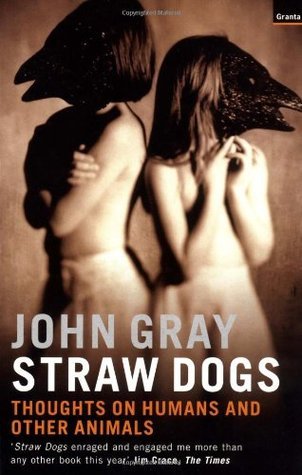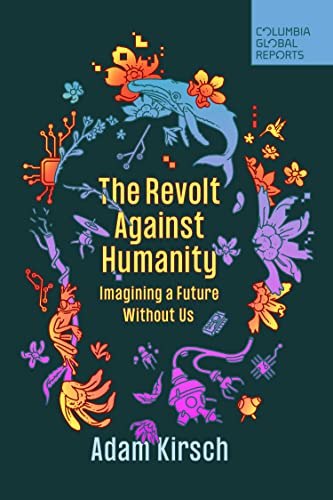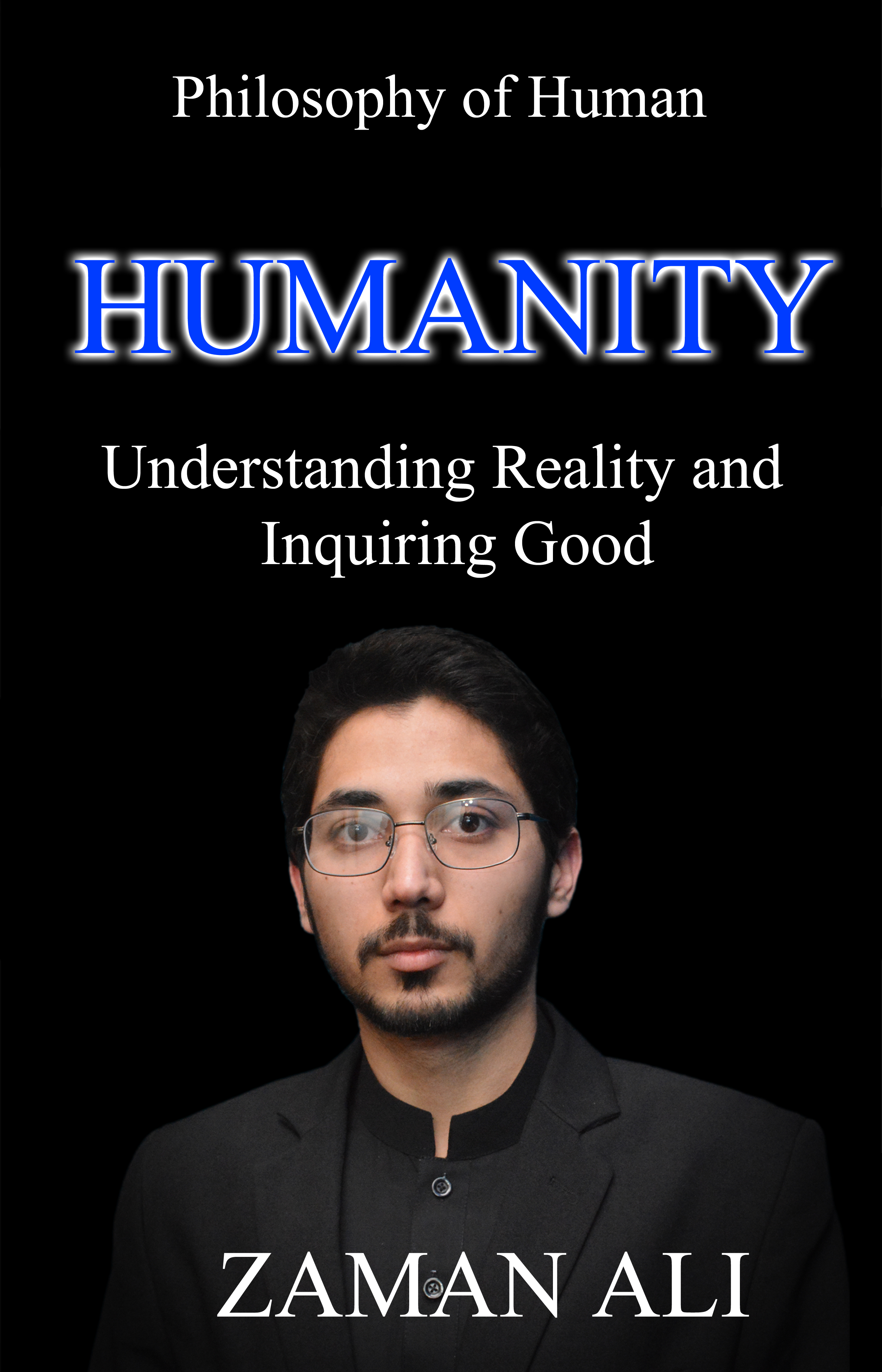
FREEDOM: The End of the Human Condition
Book Description
What if the secret to humanity's greatest struggles lies within our very nature? In "FREEDOM: The End of the Human Condition," Jeremy Griffith uncovers the profound truths that have shaped our existence and the relentless quest for understanding. With a radical perspective that challenges conventional wisdom, Griffith delves into the roots of conflict, stress, and discontent, unveiling a path to genuine freedom. This groundbreaking exploration promises to ignite hope and inspire transformation in a world craving liberation. Are you ready to confront the most pressing dilemmas of the human condition and discover the key to a harmonious existence?
Quick Book Summary
"FREEDOM: The End of the Human Condition" by Jeremy Griffith investigates the profound psychological and biological roots of humanity’s struggles with conflict, anxiety, and dissatisfaction. Griffith proposes that our behavior is not inherently flawed, but is a natural and explainable outcome of our evolutionary development. Through a synthesis of philosophy, biology, psychology, and sociology, he introduces the notion that understanding the true origins of our behavior can release us from shame and allow for healing. Griffith urges readers to look beyond superficial explanations for human suffering, suggesting that a deeper comprehension of the human condition can transform both individuals and society. This work aims to inspire hope for a future unburdened by war, division, and guilt, proposing that insight—not willpower—is the key to lasting change.
Summary of Key Ideas
Table of Contents
The biological basis of the human condition
Jeremy Griffith begins by analyzing the biological foundations of what he calls the "human condition"—the universal struggle with inner conflict, insecurity, and discontent. He argues that these feelings are not unique to modern times but have been intrinsic to humanity for millennia. Griffith rejects notions of original sin or innate evil, instead pointing to evolutionary pressures and the development of consciousness as the real sources of our troubled psychology. By rooting these issues in biology, he underlines that there is nothing inherently shameful about our struggles; they are a predictable result of our journey as a species.
Resolving the conflict between instincts and intellect
A core theme of Griffith’s work is the tension that emerges from the clash between our instinctive moral sense and our conscious intellect. As humans became self-aware, our intellectual questioning often led us to act against our instincts, setting up a painful internal battle. This antagonism is, according to Griffith, the true origin of our psychological torment—manifesting as guilt, defensiveness, and alienation. The book posits that understanding this conflict is crucial, as it provides a scientific explanation for the unique suffering experienced by humans.
The psychological origins of human suffering
Griffith delves deeply into the patterns of human suffering—stress, aggression, depression, and even war—arguing that these are all expressions of our unresolved inner conflict. He proposes that much of human history, including ideologies and cultural constructs, has been shaped by efforts to manage or escape this psychological struggle. By making these unconscious dynamics conscious, he contends, individuals and society can confront and heal the underlying wounds that drive destructive behaviors.
Achieving authentic freedom through understanding
The path to genuine freedom, Griffith argues, lies in embracing a full understanding of our nature. Rather than seeking escape through denial, suppression, or superficial solutions, he encourages an honest reckoning with our biological and psychological makeup. This insight, he claims, can foster reconciliation and self-acceptance, eradicating unnecessary guilt and defensive reactions. Such freedom is not merely about external liberation, but an inner peace rooted in self-knowledge and compassion for our journey as a species.
A new vision for human society
Finally, Griffith envisions a transformed human society that emerges from this new understanding. Liberated from self-condemnation and conflict, humans can collaborate more harmoniously, fostering moral, psychological, and social flourishing. He posits that resolving the human condition at its source will have profound implications for everything from personal relationships to global challenges. In closing, Griffith offers a message of hope, arguing that genuine civilization—and enduring peace—is possible when we no longer live in conflict with ourselves.
Download This Summary
Get a free PDF of this summary instantly — no email required.





